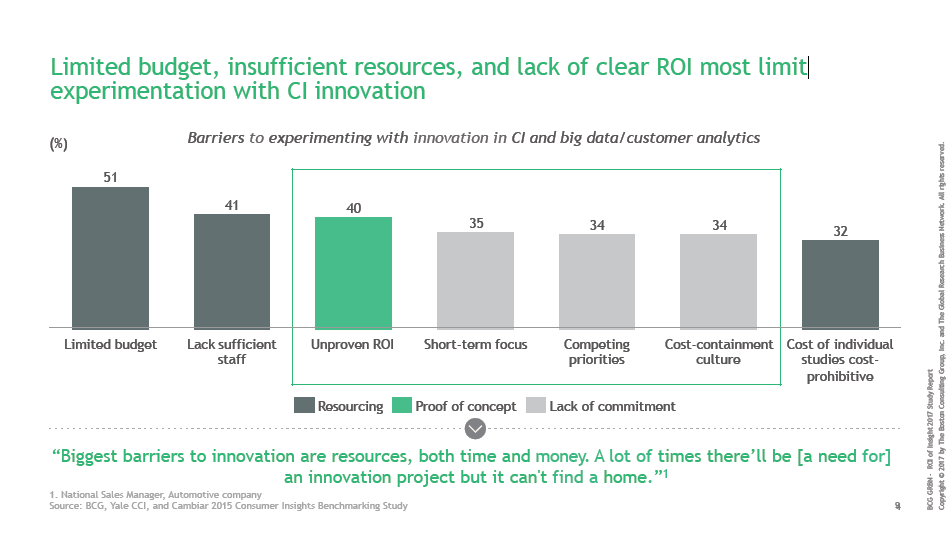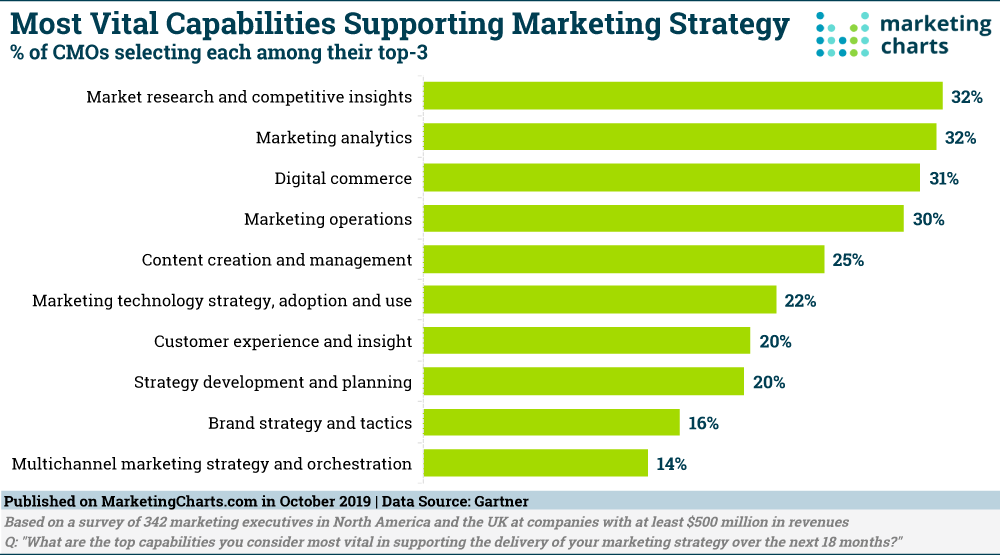Do you always need the market research studies you run?
You might have seen a recent post of mine on LinkedIn where I said how frustrated I am with marketers who start with a survey when they have a question, rather than ending with one.
If you too have this habit, then I want to share how you can do fewer surveys and yet still know much more about your customers.
Let me start by saying that I am not suggesting that companies don’t run market research. Rather, I am proposing that they don’t conduct a survey before having reviewed their current situation in detail. And in particular, the information that is already available inside the organisation.
In many companies, there is far more information available than people realise. Research shows that 68% of data is not used by businesses who invest in it — that’s over two-thirds of data – and budgets – wasted!
To make optimum use of your resources – time, money, and people – my suggestion is to first gather and analyse what is already available. In this way, any research that is conducted will be far more focused, and usually faster and cheaper too!
In my CATSIGHT™ process for actionable insight development, data gathering is the sixth of the seven steps! If you’d like to learn more about it, then do check out my online course on the topic. In under two hours, you will learn how to easily develop insights that can be immediately put into action.
Ten Reasons NOT to Run Market Research
One of my cornerstone posts here, which continues to receive hundreds of views every month is “Ten reasons NOT to conduct market research.” In summary, I advise leaders to avoid surveys:
- Where the objectives are not well defined, and the issue or opportunity needs further clarification.
- Where the cost of running the survey exceeds its value, especially in how the information will be used.
- Where the budget is too small to do an adequate job of information gathering. In this case, corners will be cut, either in terms of the depth of the investigation or in the sample size.
- Where the time available to run and report on the project is too short. This is often a problem when new products or communication campaigns are being tested, and there is a delay in their delivery for testing.
- That could “tip off” the competition by researching the confidential topic. Obviously running projects on ultra-secret development work is ill-advised unless you carefully control who is interviewed.
- Where the findings would not be actionable. Hopefully, this can be avoided by having detailed clarification of the objectives of the study.
- That are motivated by internal politics, such as to prove a point, rather than by a need for information.
- That are designed to measure trends that progress too slowly or too fast and thus will provide insignificant changes.
- Where the agency used to gather the information is unreliable or unethical. This may


 This seems to suggest, at least to me, a chicken and egg situation. Resources are insufficient because the business doesn’t see the benefit of investing in market research and insight development. But the Market Research Department is struggling with insufficient budget and personnel to provide the support that they should – and often could – provide.
This seems to suggest, at least to me, a chicken and egg situation. Resources are insufficient because the business doesn’t see the benefit of investing in market research and insight development. But the Market Research Department is struggling with insufficient budget and personnel to provide the support that they should – and often could – provide.











